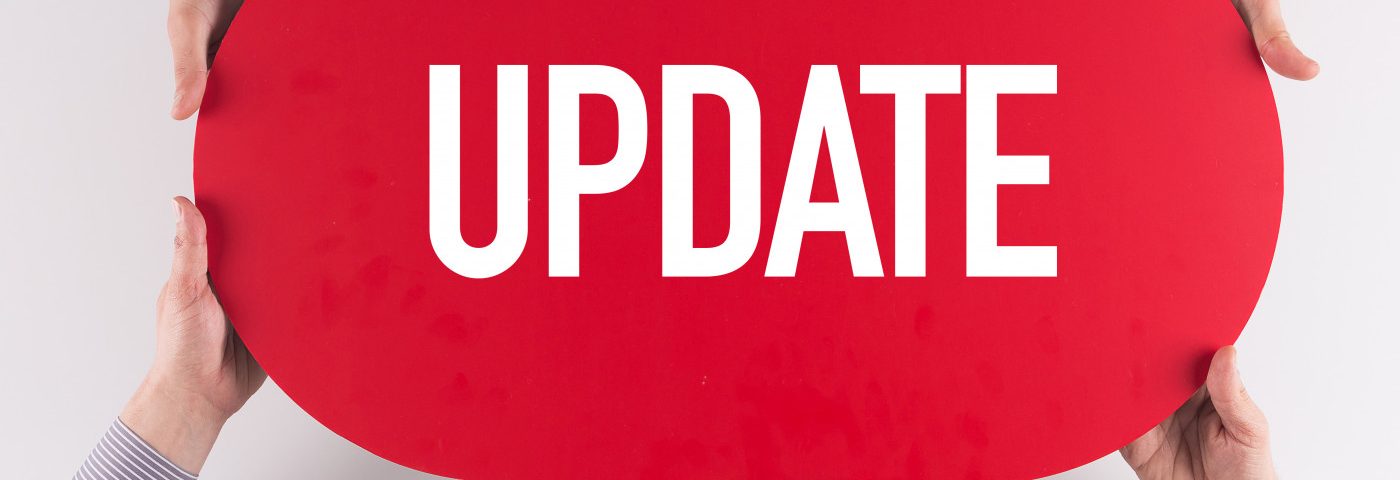A Phase 1 clinical trial testing Landos Biopharma’s investigational therapy BT-11 for inflammatory bowel disease (IBD), including ulcerative colitis (UC) and Crohn’s disease (CD), has begun dosing healthy volunteers.
Landos plans to enroll up to 70 healthy participants in the randomized, double-blind, placebo-controlled Phase 1 trial. They will be assigned to single and multiple ascending doses of BT-11, or a placebo control group, to assess the safety and tolerability of BT-11.
“Launching this trial marks a significant milestone for Landos and represents the next step in confirming the safety and effectiveness of BT-11 which has the potential to greatly impact the treatment options of millions of people afflicted by IBD around the world,” Josep Bassaganya-Riera, chairman and CEO of Landos, said in a press release. “Despite current treatments, there remains an unmet clinical need for chronic therapies for UC and CD with improved safety and tolerability.”
BT-11 is a small molecule, given orally, that binds to a receptor, called LANCL2, leading to a potent anti-inflammatory response.
Preclinical studies of BT-11, which acts locally in the gut mucosa, have shown that it reduces inflammation in the gut by 90%.
The therapy has been validated in four different mouse models of IBD, where it outperformed other more expensive IBD therapies, including anti-TNF antibodies, aminosalicylate medicines known as 5-ASA, and even Celgene’s investigational GED-0301, which has recently been abandoned as therapy for Crohn’s, although the company is continuing to test it for ulcerative colitis.
By activating the LANCL2 pathway, BT-11 is capable of modulating the body’s immune responses, namely by decreasing the production of key proinflammatory molecules — the so-called TNF-alpha and interferon-gamma — in cells from patients with moderate to severe Crohn’s disease. The treatment also promotes the secretion of anti-inflammatory molecules, such as interleukin (IL)-10.
In IBD mouse models, treatment with BT-11 enhanced the differentiation of T-cells (key cells of the immune system) from an inflammatory pattern to a regulatory, anti-inflammation status (regulatory T-cells).
These results were recently published in the journal Inflammatory Bowel Diseases in the study, “Activation of LANCL2 by BT-11 Ameliorates IBD by Supporting Regulatory T Cell Stability Through Immunometabolic Mechanisms.”
“We are very excited to commence dosing on the first-in-human trial of BT-11. Current treatment options for IBD have a number of drawbacks as they only benefit a limited number of patients, lose response effectiveness, or cause unwanted side effects,” said Jean-Frederic Colombel, MD, a Landos clinical advisory board member and director of the IBD center at the Icahn School of Medicine at Mount Sinai.
“An orally active therapeutic with local action in the GI [gastrointestinal] tract and low systemic exposure such as BT-11 may represent a unique and promising approach to treating patients with safer, more convenient, and effective therapeutic alternatives to biologics, steroids, or surgeries,” Colombel said.

